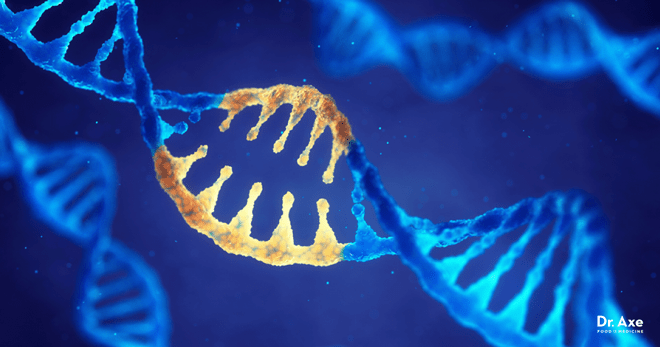From Gene Manipulation to Food Security: The Science and Controversy of GMOs
- Genesis Gazette
- Jan 5, 2024
- 2 min read
Updated: Jan 8, 2024
By Naisha Rastogi
GMO stands for Genetically Modified Organisms. There organisms are organisms which have their DNA artificially modified by humans using modern gene manipulation techniques, by changing the DNA is changing the genome which means their characteristics can be altered. These Organisms include plants and animals and this practice has been taking place for thousand years.
There are many techniques used in modifying a genome, the most common one is introducing new DNA into a genome using modified bacteria, bacteria have a lot of plasmids which are needed for gene modification. With population rapidly increasing so does the demand for food with already persistent global food challenges. Currently 40% of the world’s food crop is lost every year. Food production needs to by 70% to feed the population 2050. GM Crops have many advantages, GM Crops are more pest resistant and have more nutrients. For example, through genetic modification scientists were able to able to remove a gene from soil bacteria which is only toxic for caterpillars and incorporated in corn. This helps in saving the crop which would have been lost otherwise and consumed by caterpillars therefore increasing food production and making it more efficient. This makes modified crop resistant to insects, fungal diseases and extreme weather conditions. It will also increase the rate of production, reduce the area needed and will provide more nutrients. Not only that but GMO’s can help us fight malnutrition and moving us one step closer towards our goal of zero world hunger.
But GMO’s also help the environment by reducing the carbon dioxide emission and the water usage of greenhouse gases. But with the positive there is also a negative, since the GM crops are not stable at where planted it could contaminate organic crops and with time organisms may be able to catch up to the GM crops which will cause further usage of chemicals which is also bad for the environment.
But with the economic advantage that comes due to the faster rates of production of crops leading to more production therefore a rise in the economy but power corporation may take cover and dominate the entire food production process which takes away jobs and just creates more power for big corporations.
Among the main social impacts there is one that means many who are employed as farmers will lose their job and livelihood. As mentioned earlier another social impact is increased productivity leading to food security. GMOs can also contribute to more sustainable agriculture practices by reducing the need for chemical inputs, conserving soil, and minimizing environmental impact. There are concerns among many about the potential health impacts of consuming GMOs. The long-term effects on human health are still under research.
Overall, with the advantages and disadvantages GMO crops can truly be used to reduce world hunger if GMO crops are used for the basics and researched through before being available for public use.
Share your thoughts on this in the comments below 👇








Comments